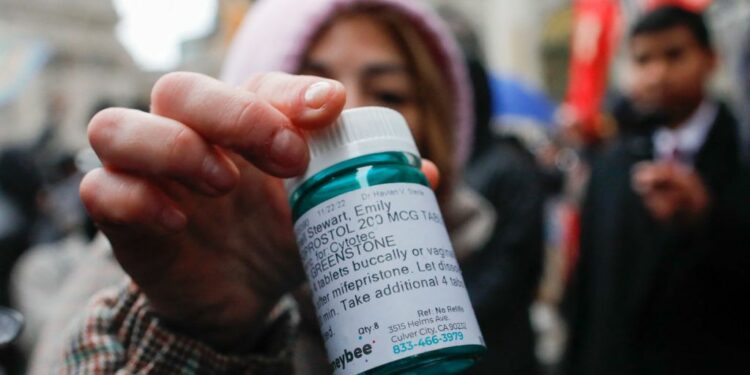The study relied on self-reported responses to a survey. Only 74% of the outcomes were known, which means that the outcomes for more than one-fourth of the survey respondents were not included in the study.
Pro-life scholars have questioned the veracity of the findings, noting that it relies on self-reported survey results rather than actual concrete data and fails to account for the results for approximately one-quarter of the women surveyed.
“Once again, the abortion industry is relying on patchwork, piecemeal survey data to conclude that abortion drugs are ‘safe and effective,’ but there are key gaps in the study that should call into question this conclusion,” Tessa Longbons Cox, a senior research associate at the pro-life Charlotte Lozier Institute, told CNA.
“With a 74% follow-up rate, we don’t know what happened to a quarter of the women in the study,” Cox added. “We know that the women who feel the most negative reactions following their abortions are least likely to participate in follow-ups, and FDA data shows that women who have been harmed by abortion frequently end up seeking care from another doctor. Those missing voices are a crucial piece to the clinical puzzle as we can’t assume that those women had a positive outcome.”
In a statement to CNA, Dr. Ingrid Skop, the director of medical affairs at the Charlotte Lozier Institute and a board-certified OB/GYN, also questioned the researchers’ definition of a “serious adverse event.”
Skop says she has treated women who, after receiving a chemical abortion, have required emergency surgery to remove the child’s tissue or placenta. Others have bled heavily for six to eight weeks but did not require a blood transfusion, and still others have contracted an intrauterine infection that required medical care and could lead to future infertility.
Credit: Source link




